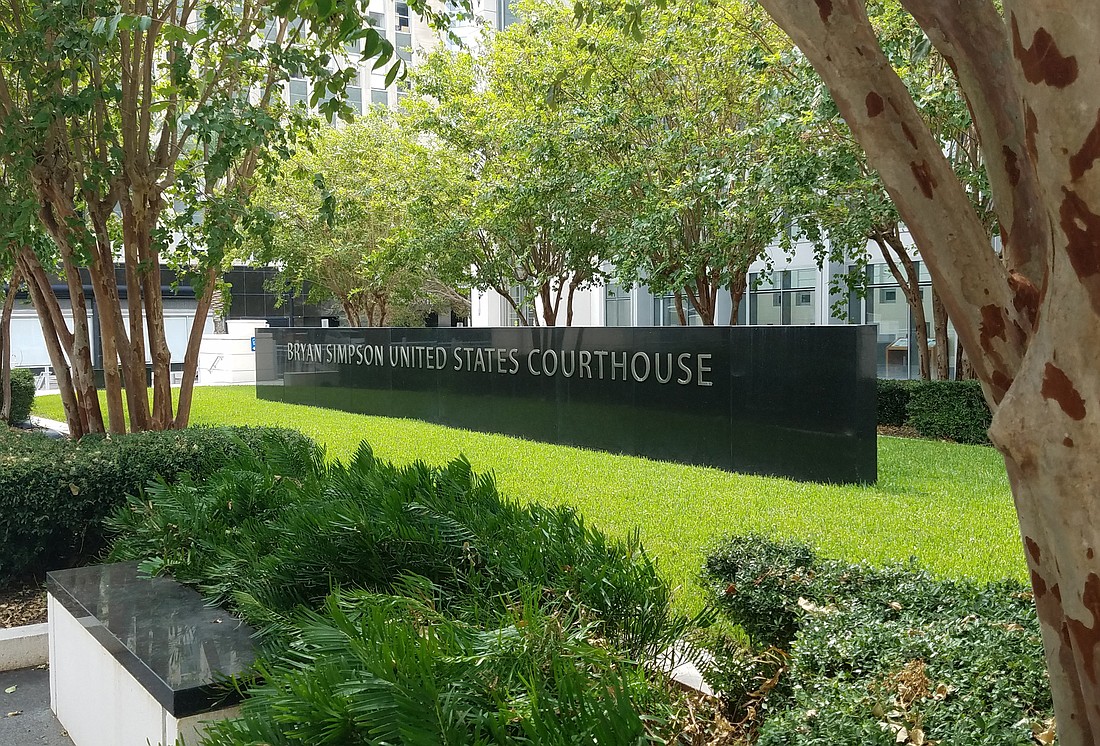
The federal courts are fully operational, despite the partial federal government shutdown, using court fee balances and other funds not dependent on a new budget appropriation, according to a news release published Dec. 22.
If the shutdown continues past Jan. 11 and the courts’ reserves are depleted, the courts will operate under the terms of the Anti-Deficiency Act.
It allows work to continue during a lapse in appropriations if it is necessary to support the exercise of Article III judicial powers. Each court and federal defender’s office would determine the staffing resources required to continue operations.
The U.S. Justice Department adopted a contingency plan in September that outlines what limited operations would continue beyond Jan. 11, including:
• Those funded by a source that has not lapsed, such as permanent indefinite appropriations and carryover of no-year funds previously appropriated.
Department examples are Diversion Control, Health Care Fraud and Abuse Control, Debt Collection, Assets Forfeiture Fund, Federal Prison Industries and Special Counsel.
Most personnel – about 84 percent - working within the Drug Enforcement Administration; Bureau of Alcohol, Tobacco and Explosives; and the FBI are excepted from furlough and will continue to operate under the contingency plan.
• Those related to “emergencies involving the safety of human life or the protection of property.”
• Those related to the discharge of presidential Constitutional duties and powers.
The contingency plan states that the Department of Justice comprises about 40 components with national security, law enforcement and criminal justice system responsibilities with the mission to enforce the law and defend the interests of the U.S.; ensure public safety against threats foreign and domestic; provide leadership to prevent and control crime; seek just punishment for those guilty of unlawful behavior; and ensure fair and impartial administration of justice for all Americans.
The contingency plan assumes that the courts will remain in operation throughout the shutdown.
However, the plan states that civil litigation will be curtailed or postponed if that can be done without significantly compromising the safety of human life or protection of property.
Criminal litigation will continue without interruption as an activity essential to the protection of life and property.
Also, Chief U.S. Bankruptcy Judge in the Middle District of Florida Michael Williamson issued an order Friday, retroactive to Dec. 22, citing that since the ability of certain federal agencies that appear before the court to take record action prior to deadlines may be affected by the shutdown, the “time is enlarged” for any federal agency affected to take record action within seven days after the shutdown ceases.
Akerman has promoted Amy Leitch and Allison Stocker to partner in the law firm’s Jacksonville office.
Leitch, a graduate of the Emory University School of Law, specializes in commercial litigation and bankruptcy matters.
Stocker specializes in business and commercial litigation. She received the 2018 Pro Bono Service Award from The Florida Bar Young Lawyers Division and the 2019 Chief Justice’s Advisory Committee Pro Bono Service Award.
John Rockwell has joined Woolsey Morcom in Jacksonville as a partner. Rockwell primarily practices criminal defense, personal injury and construction law.
Brett Allen Mearkle, 547 Selva Lakes Circle, Atlantic Beach, is suspended by the state Supreme Court for 90 days, effective Jan. 19.
He also was ordered pay restitution of $2,500 to each of three clients.
According to a report submitted to the court, after being retained, Mearkle did very little work on one case and nothing on the other two cases. He also failed to respond to The Florida Bar regarding complaints from his clients.
Mearkle admitted to similar charges in 2017, regarded under rules of The Florida Bar as minor misconduct. He was formally admonished at that time but was allowed to continue to practice.